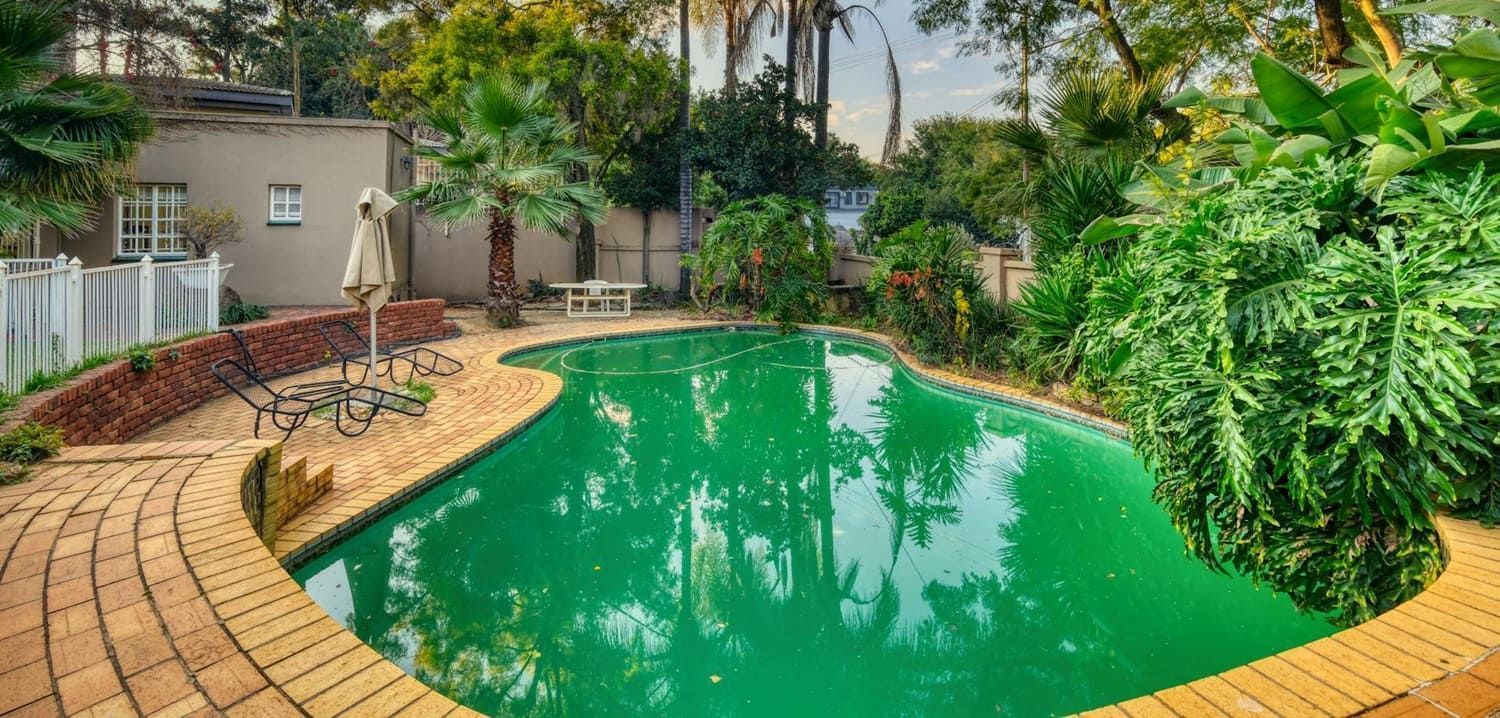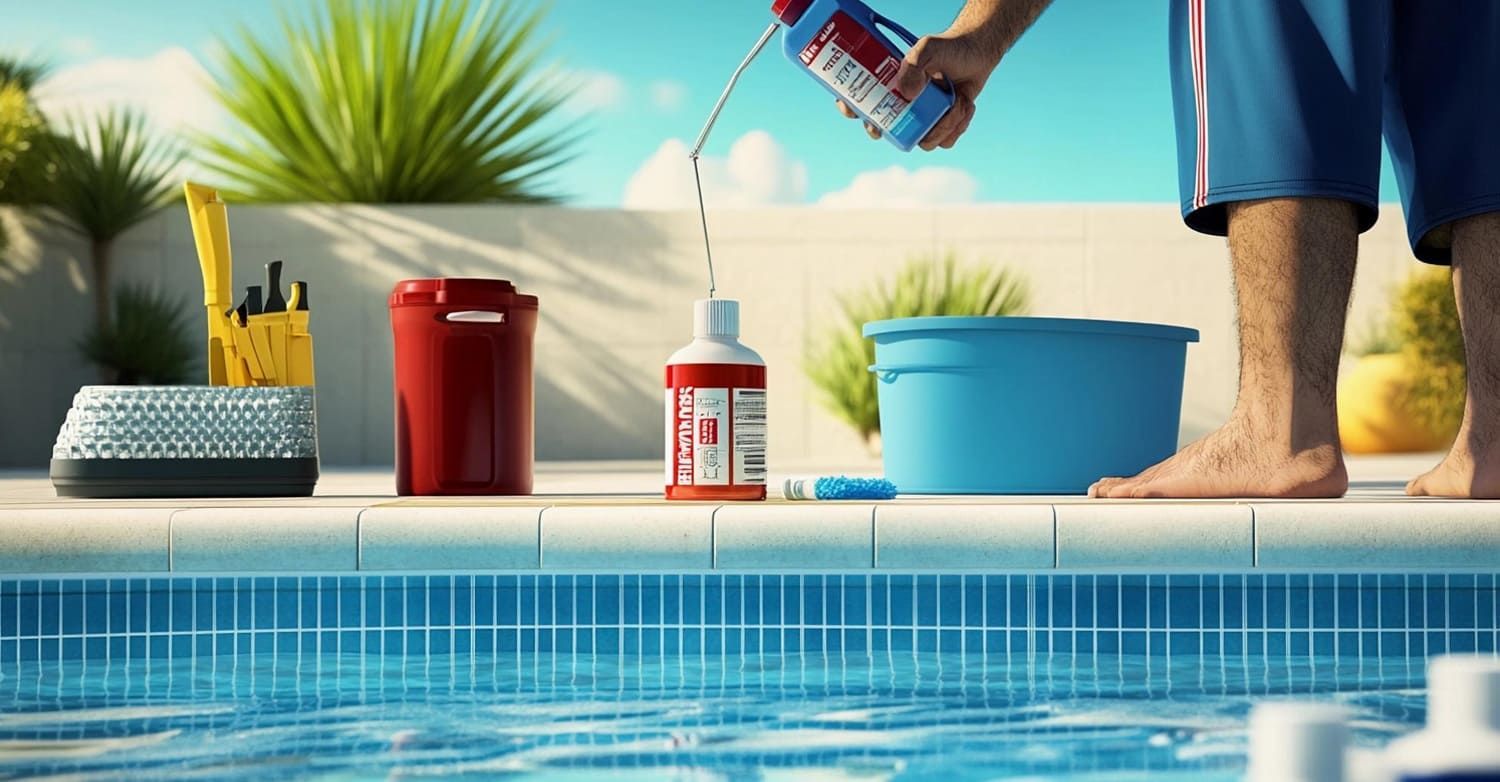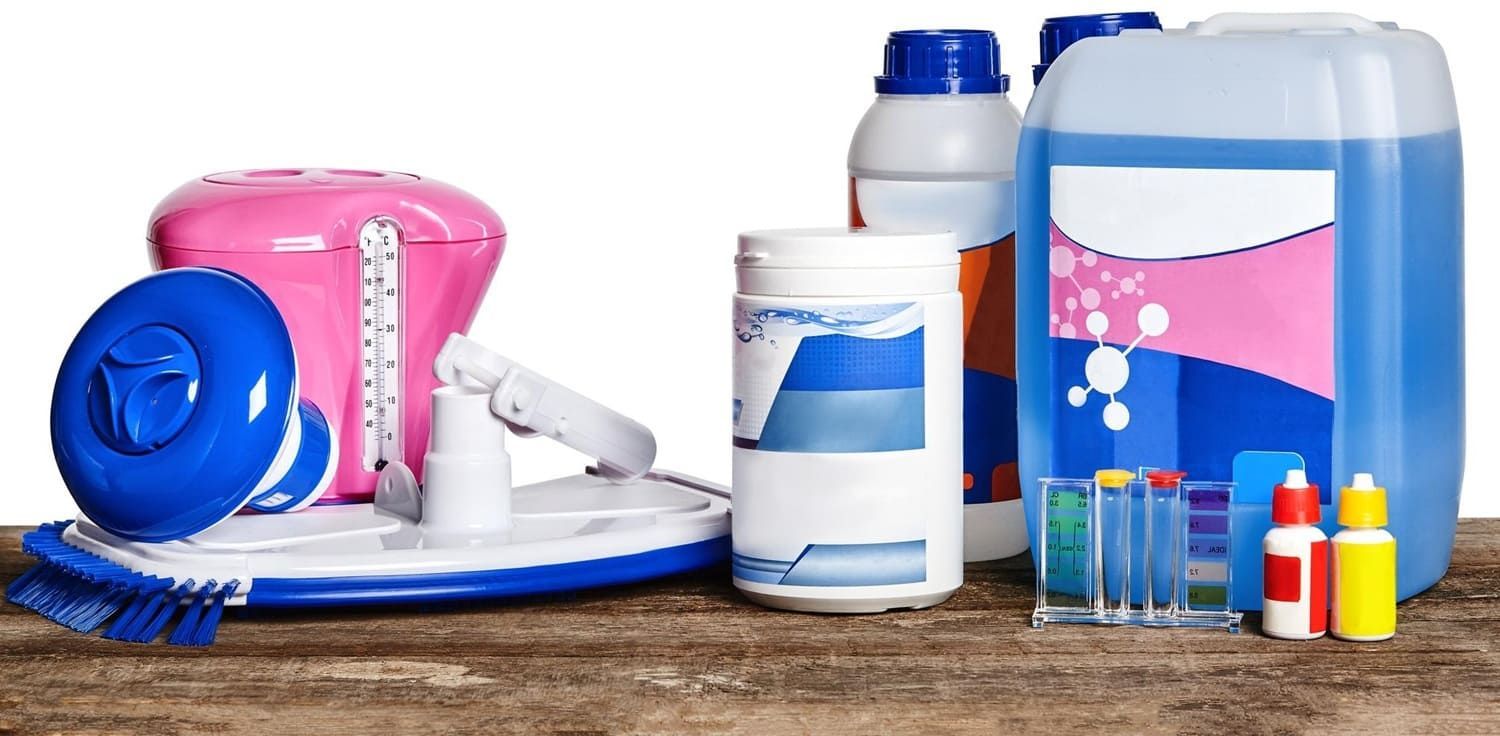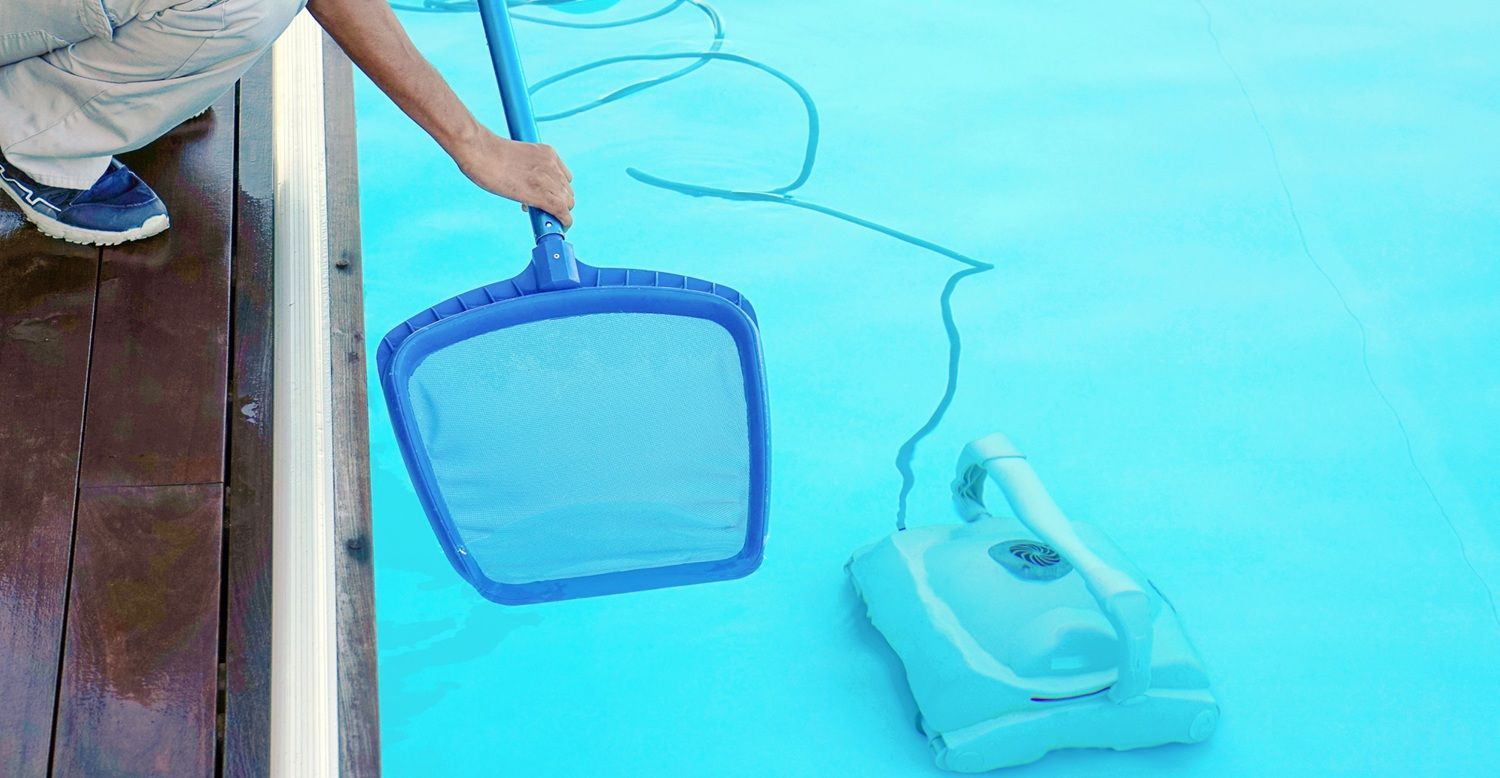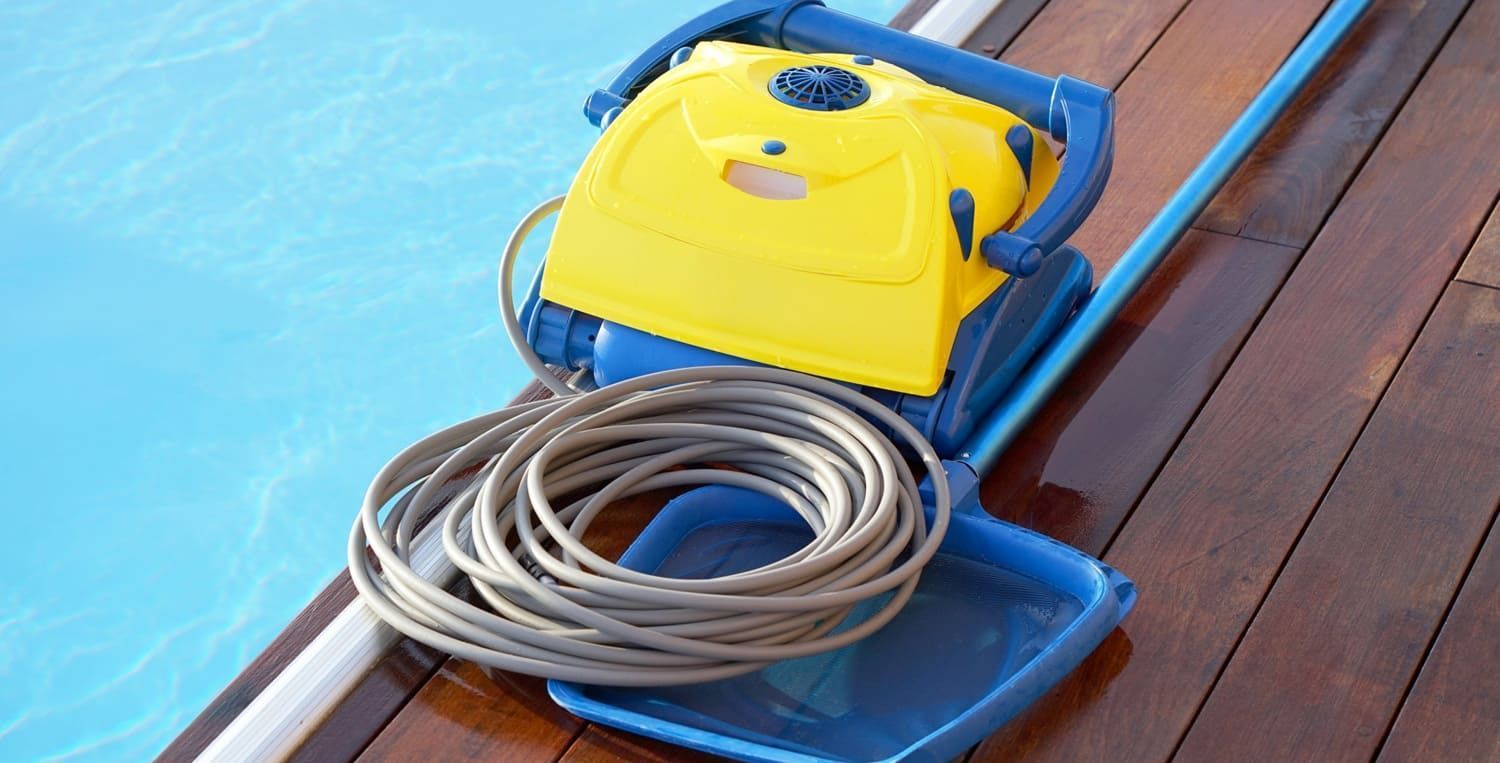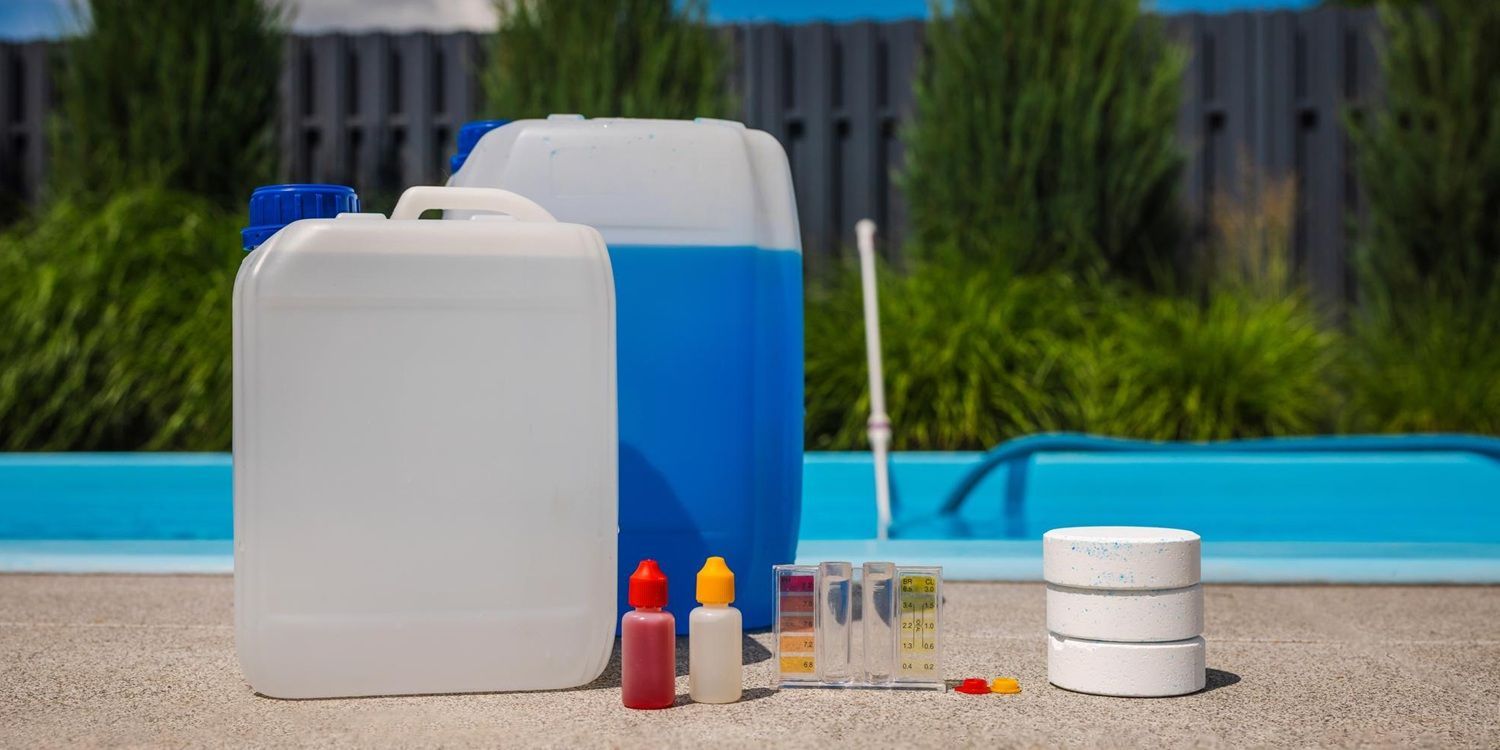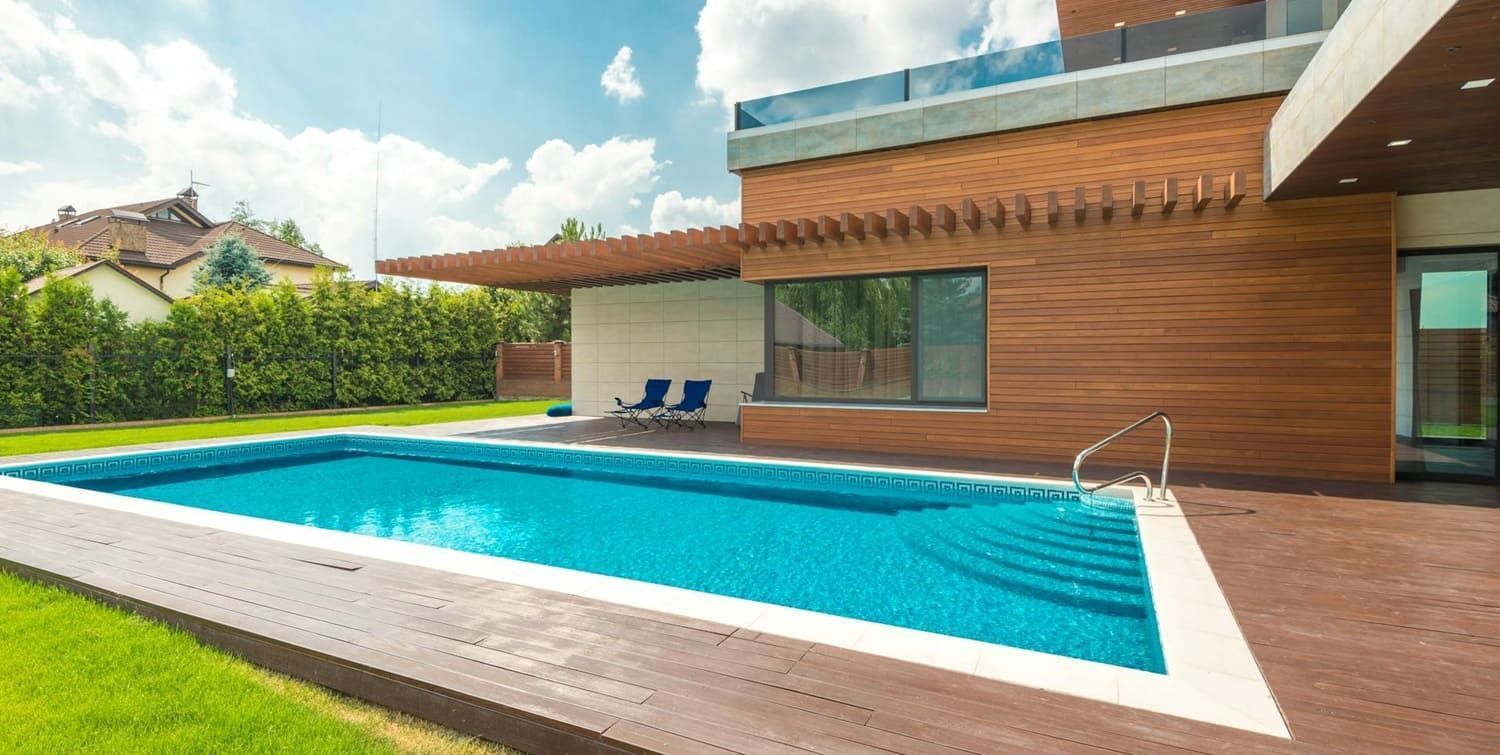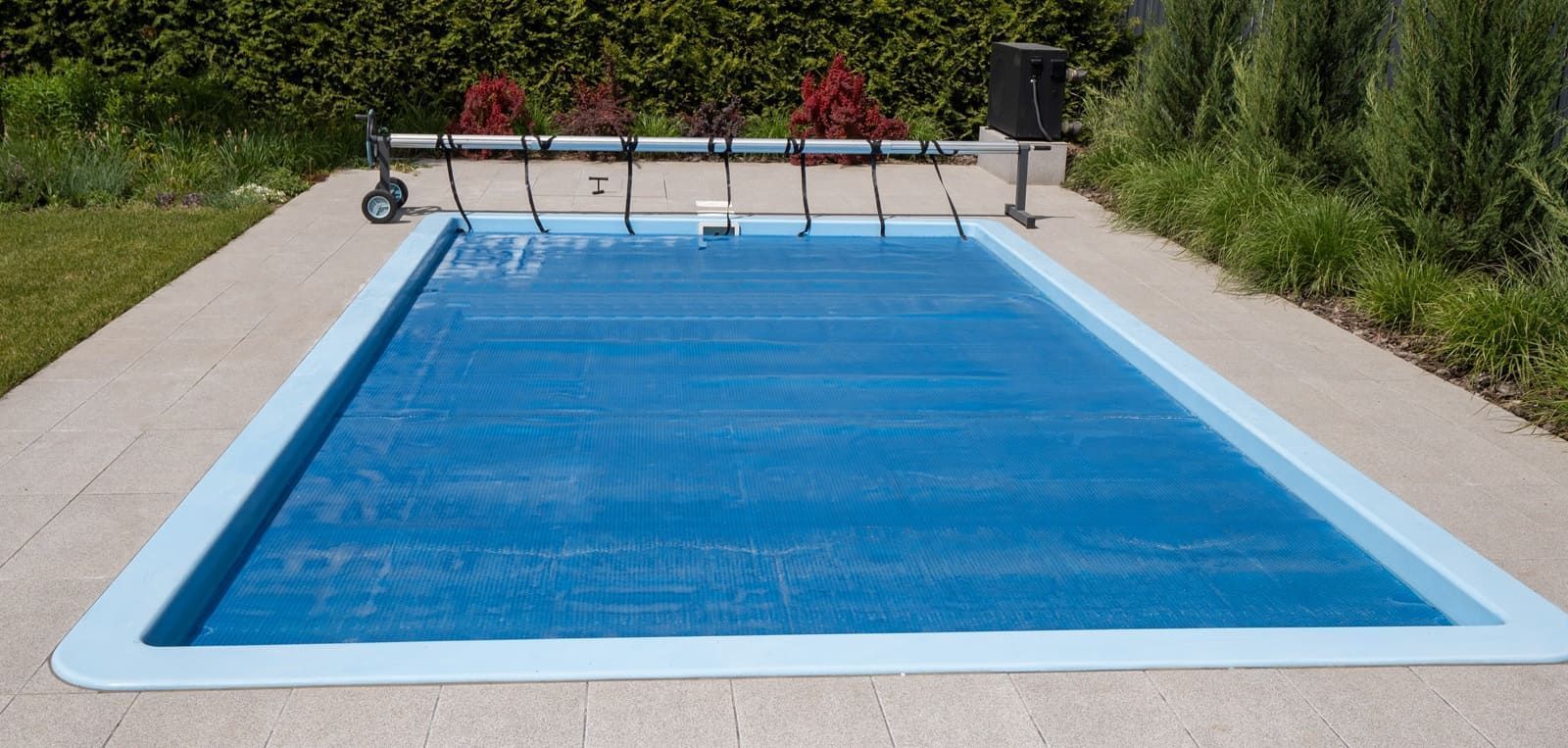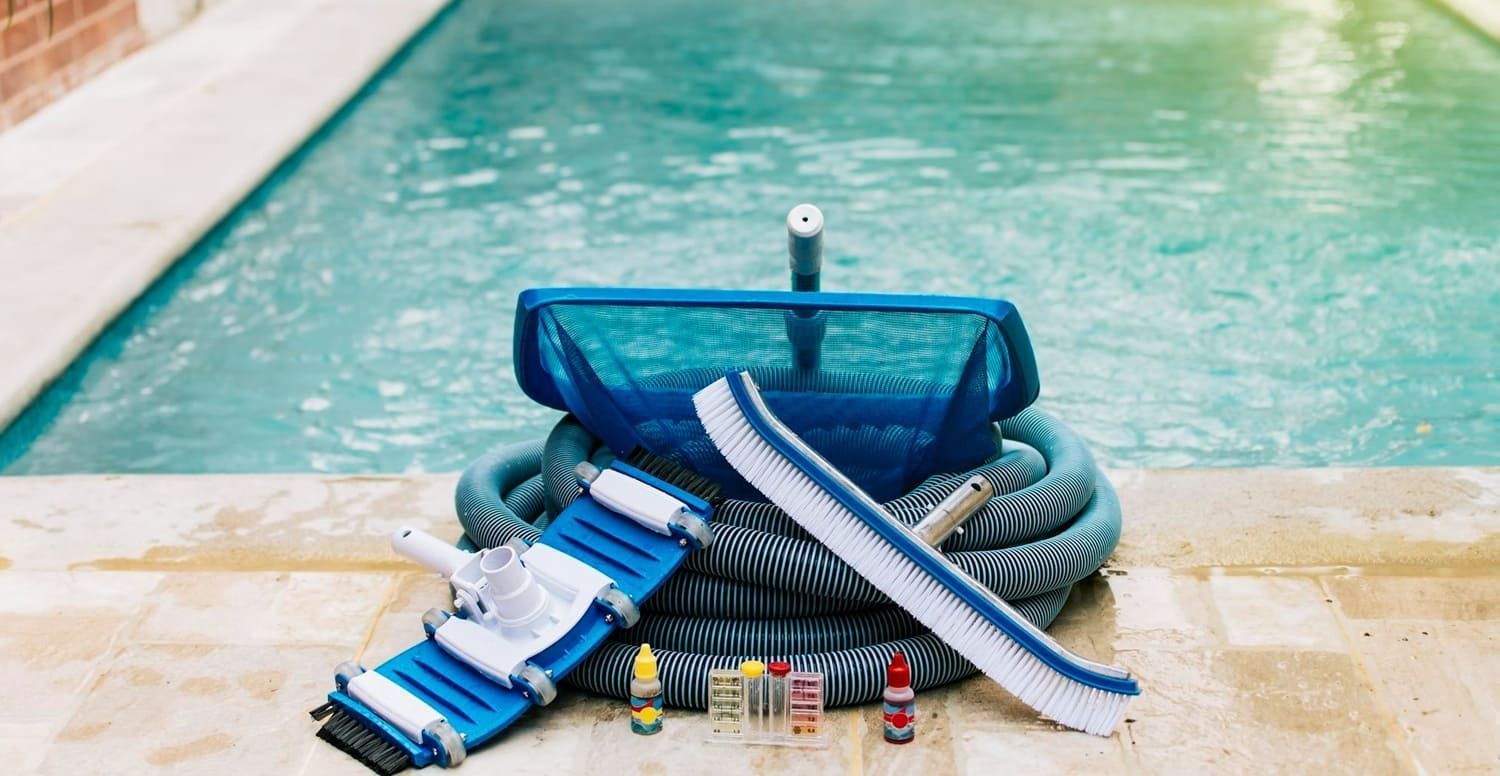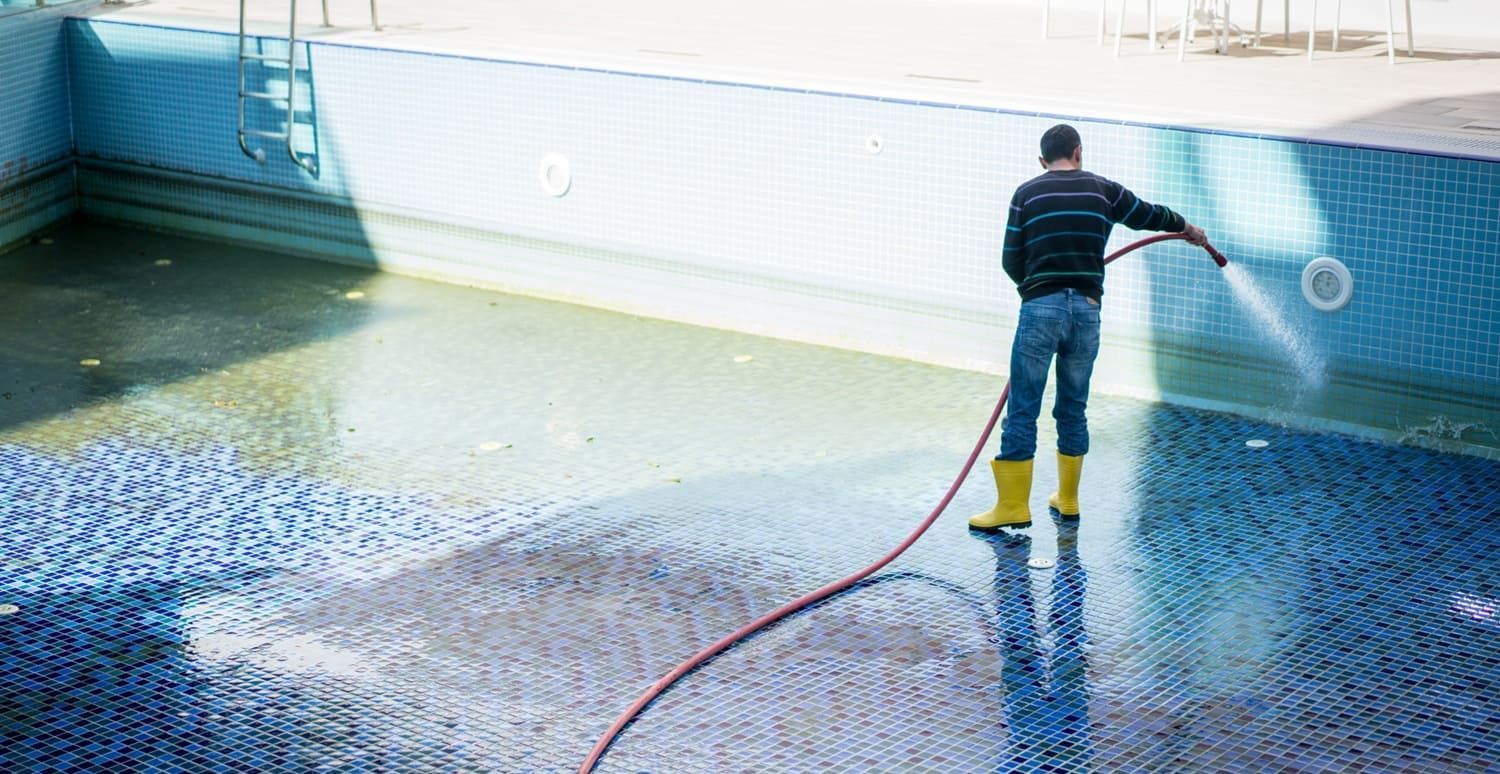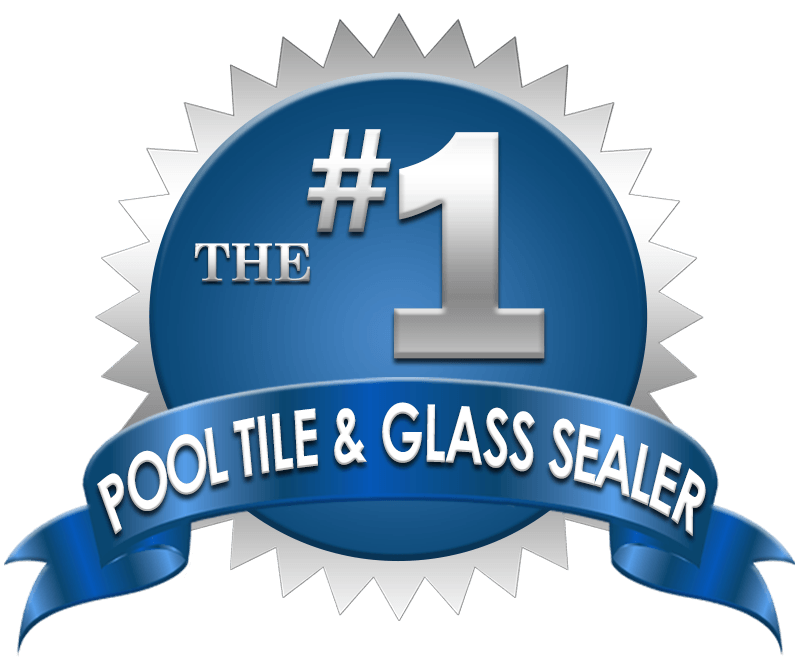Is Your Pool Filter Doing Its Job? Here’s How to Tell
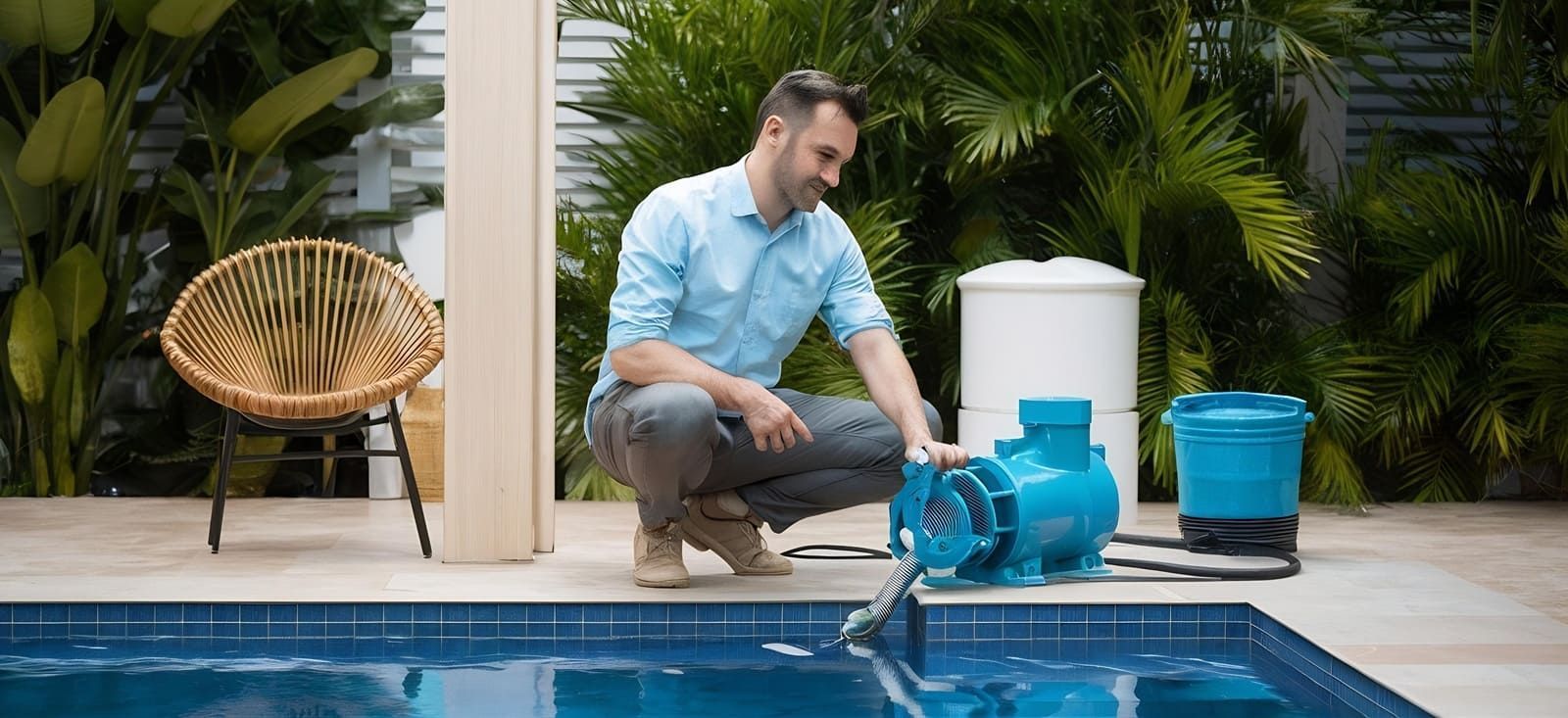
Why Pool Filter Efficiency Matters
The efficiency of your pool filter is crucial for maintaining clean and clear swimming water. An efficient filter reduces the need for chemicals and prevents the buildup of debris. This directly contributes to a more enjoyable swimming experience.
Inefficient filters lead to a range of problems, including increased maintenance costs and potential health risks. They can also result in poor water circulation, which is vital for distributing chemicals evenly. This can cause algae growth and unbalanced pH levels.
Key reasons why pool filter efficiency matters include:
- Enhancing water clarity and cleanliness.
- Reducing chemical costs over time.
- Improving overall pool health and safety.
Ultimately, prioritizing filter efficiency not only protects your investment but also elevates the overall quality of your swimming environment. Keep reading to learn more about different types of filters and how to optimize their performance.
Types of Pool Filters and Their Efficiency
Pool filters come in three main types: sand, cartridge, and diatomaceous earth (DE). Each type offers a distinct level of efficiency and maintenance.
Sand filters are the most common due to their affordability and ease of use. However, they may not provide the highest efficiency compared to other types. Cartridge filters rank higher in efficiency and are easy to maintain, making them an attractive option.
DE filters deliver the best filtration performance, capturing even the smallest particles. Despite their effectiveness, they require the most upkeep and attention from pool owners.
Choosing the right filter hinges on several factors. Consider pool size, budget constraints, and desired maintenance level. Here's a quick overview of each filter type:
- Sand filters : Affordable, moderate efficiency, require backwashing.
- Cartridge filters : Higher efficiency, easy maintenance, more expensive than sand.
- DE filters : Highest efficiency, frequent maintenance needed, captures small particles.
Understanding these differences can help pool owners make informed decisions. Optimizing filter efficiency ensures the best water quality and extends the life of your pool equipment.
Sand Filters: Pros, Cons, and Efficiency Tips
Sand filters remain a popular choice for pool owners. They are cost-effective and simple to operate. However, they may not offer the highest filtration efficiency.
Pros of sand filters include affordability and durability. They can last for several years with proper care. Cons involve frequent backwashing, which can lead to water loss, and lower filtration quality compared to other filters.
To improve sand filter efficiency, consider the following tips:
- Backwash regularly to remove trapped debris.
- Replace sand every 3-5 years to maintain performance.
- Monitor pressure gauges to catch potential issues early.
While sand filters might not capture the smallest particles, consistent maintenance can boost their efficiency. This ensures clearer and healthier pool water for swimming.
Cartridge Filters: Pros, Cons, and Efficiency Tips
Cartridge filters offer an excellent balance between performance and ease of maintenance. They're known for their higher efficiency and low water consumption. These filters reduce the need for backwashing, saving water and time.
Pros of cartridge filters include superior filtration and ease of cleaning. They efficiently capture dirt and debris, keeping water clear. On the downside, they may have higher upfront costs than sand filters.
Enhance cartridge filter efficiency by following these practices:
- Clean cartridges every 2-6 weeks, depending on usage.
- Soak cartridges occasionally in filter cleaner to remove buildup.
- Inspect for any damage to prolong filter life.
Cartridge filters provide many benefits for pool owners seeking higher efficiency. Their simple maintenance and effective filtration make them a favored option for many.
DE Filters: Pros, Cons, and Efficiency Tips
DE filters stand out for their unmatched filtration capability. They use diatomaceous earth powder to trap tiny particles, ensuring the clearest water. This makes them ideal for maintaining pristine pool conditions.
The main advantage of DE filters is their superior efficiency. They deliver the cleanest water by filtering out minute particles. However, they demand the most attention, requiring regular recharging with DE powder.
Improve DE filter efficiency by incorporating these strategies:
- Backwash and recharge the filter regularly.
- Handle DE powder carefully to prevent exposure.
- Consistently inspect for wear and clean filter grids as needed.
Though maintenance-intensive, DE filters are worth the effort for those prioritizing top-tier filtration. They guarantee excellent water quality and a pleasant swimming environment.
Signs Your Pool Filter Isn’t Working Efficiently
A pool filter that isn't efficient can lead to various issues in your pool. Knowing what to watch for helps maintain water clarity and cleanliness.
Cloudy water is a common sign of an underperforming filter. If the pool water appears murky, the filter may not be working properly. Another indicator is increased chemical usage. If your pool requires more chemicals than usual, it might be compensating for a weak filter.
Poor water circulation often points to filter problems. A well-functioning filter should maintain steady flow rates. Look for these telltale signs that your pool filter might be struggling:
- Cloudy or unclear pool water
- Need for excessive chemical treatments
- Reduced water flow or poor circulation
Address these issues promptly to restore filter efficiency. Regular checks help ensure your pool remains a healthy environment for all swimmers.
How to Improve Pool Sand Filter Efficiency
Enhancing the efficiency of your sand filter can lead to cleaner, safer pool water. Regular maintenance is key. Start by backwashing your sand filter to clear trapped debris. This simple process involves reversing the water flow to clean the filter media.
Replace the sand every 3-5 years. Over time, sand in the filter can become worn and less effective. Fresh sand ensures optimal filtration and improved water quality.
Another strategy is to check your pump run times. Setting an optimal schedule can enhance water circulation and filtration. Ensure your pool's pH and chemistry are balanced. Proper water chemistry supports effective filtration and reduces strain on the system.
Here are ways to boost your sand filter's performance:
- Backwash regularly
- Replace sand every few years
- Optimize pump run times
- Maintain balanced water chemistry
By following these tips, you can maximize the performance of your sand filter and enjoy a crystal-clear pool.
Upgrading to a High Efficiency Pool Filter: Is It Worth It?
Considering an upgrade to a high efficiency pool filter? It's a smart move for long-term savings and better water quality. Although the initial cost might be higher, the benefits are substantial.
High efficiency filters offer superior filtration. They can trap smaller debris and reduce the need for extra chemicals. This means lower maintenance costs and clearer water.
Additionally, these filters often consume less energy, which is better for the environment and your wallet. Better efficiency also means reduced wear on your pool pump. This extends its lifespan and cuts down on potential repair costs.
Benefits of upgrading to a high efficiency pool filter:
- Superior filtration performance
- Lower energy consumption
- Reduced chemical usage
- Extended pump lifespan
In essence, a high efficiency pool filter pays for itself over time through savings and improved water clarity.
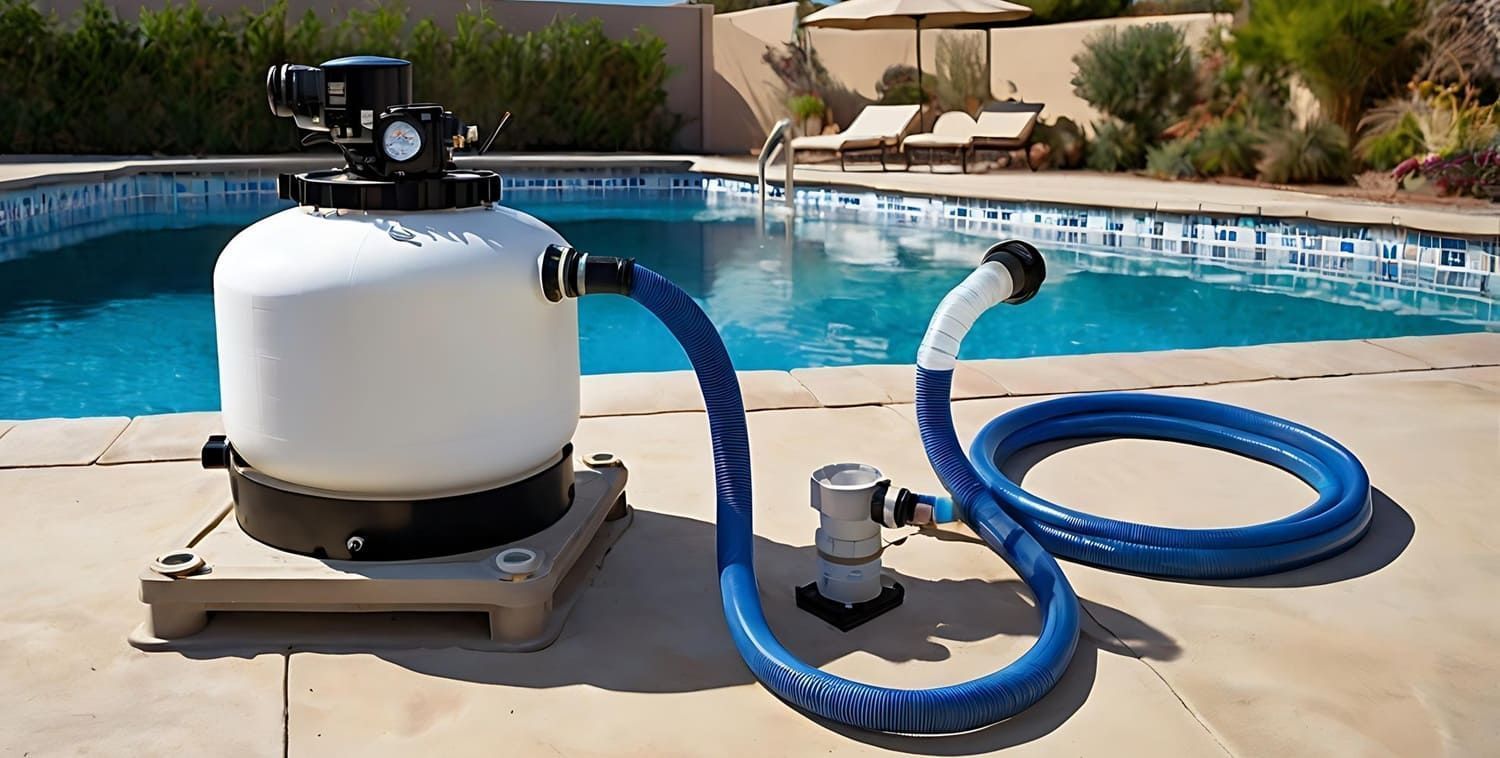
Maintenance Tips to Maximize Pool Filter Efficiency
Regular maintenance keeps your pool filter running at its best. Start by checking the pressure gauge regularly. This helps you know when it's time to clean or backwash the filter.
Consistent cleaning is crucial. Wash cartridge filters every 2-6 weeks depending on use. For sand and DE filters, backwashing keeps them effective.
Also, inspect for any damage or wear. Replacing worn parts before they fail prevents bigger issues.
Keeping skimmer baskets free of debris also aids efficiency. Clean them frequently to avoid clogs. Optimal water chemistry supports filter performance. Regularly test and balance the pool's chemicals.
Essential maintenance tasks for pool filter efficiency:
- Check pressure gauge often.
- Clean filters routinely.
- Inspect for wear and damage.
- Keep skimmer baskets clear.
- Test and balance water chemistry.
Follow these tips to extend your filter's life and keep your pool sparkling all season.
Troubleshooting Common Pool Filter Problems
Identifying common issues with pool filters can save time and trouble. Cloudy water, high pressure, and poor circulation are signs of trouble. Regular checks help catch problems early.
If you notice high filter pressure, clean or backwash immediately. This often resolves the issue. Low pressure might mean a clog or air leak in the system.
Algae growth means inefficient filtration or chemical imbalance. Address these issues promptly to restore clarity.
Common pool filter problems and solutions include:
- Cloudy water: Check and clean the filter.
- High pressure: Backwash or clean filter media.
- Algae growth: Adjust chemicals and improve filtration.
By addressing these problems swiftly, you maintain water quality and prolong the life of your pool filter.
Conclusion: Keeping Your Pool Filter at Peak Performance
Ensuring your pool filter works well is vital for clean, healthy water. Consistent maintenance prevents issues and extends filter life. Remember to perform regular cleaning and inspections. Adopting these habits aids in sustaining clear and safe pool conditions. Prioritizing filter efficiency results in a more enjoyable swimming experience.
At
LayorCare Pool & Patio Protection , we offer the
best pool cleaning products to help you maintain a crystal-clear pool.
Contact us if you need any help or product recommendations!
Top FAQs About Pool Filter Performance and Maintenance
How do I know if my pool filter is working properly?
Check for clear water, normal pressure gauge readings (8-10 PSI above clean baseline), and good water circulation from return jets. Your filter is working if water remains crystal clear, chemical usage is normal, and the system maintains steady flow. Signs of problems include cloudy water, high pressure readings, reduced flow, or excessive chemical needs. Test water chemistry regularly and monitor the pressure gauge weekly. If readings are consistently high or water clarity decreases despite balanced chemicals, your filter needs attention or cleaning.
What are signs my pool filter is not working efficiently?
Key signs include cloudy or murky water despite proper chemical balance, pressure gauge reading 8-10 PSI above normal, reduced water flow from return jets, increased chemical usage, visible algae growth, and debris not being filtered out. Poor circulation, unusual noises from the pump, or water that won't clear after shocking also indicate filter problems. If you notice any of these issues, clean or backwash your filter immediately and inspect for damage or worn components.
How often should I clean my pool filter?
Cleaning frequency depends on filter type and pool usage. Clean cartridge filters every 2-6 weeks during swimming season. Backwash sand filters every 1-2 months or when pressure rises 8-10 PSI. DE filters need monthly backwashing and recharging with fresh powder. Increase frequency during heavy use, after storms, or in areas with high debris. Always clean when pressure gauge indicates, regardless of schedule. Regular cleaning maintains efficiency and prevents damage.
What is the difference between sand, cartridge, and DE filters?
Sand filters use sand to trap debris, are affordable and durable, but offer moderate filtration and require regular backwashing. Cartridge filters use pleated fabric, provide superior filtration, are easy to clean, and save water but cost more upfront. DE filters use diatomaceous earth powder, deliver the best filtration by capturing smallest particles, but require most maintenance and frequent recharging. Choose based on budget, desired water quality, and maintenance commitment. LayorCare offers products for all filter types.
How do I improve my sand filter efficiency?
Backwash regularly when pressure rises 8-10 PSI to remove trapped debris. Replace sand every 3-5 years as it becomes worn and less effective. Run your pump 8-12 hours daily for optimal circulation. Maintain balanced water chemistry with proper pH and chlorine levels. Use pool covers to reduce debris entering the filter. Monitor pressure gauge weekly to catch issues early. Consider adding a clarifier to help sand capture finer particles for improved water clarity.
When should I replace my pool filter?
Replace cartridge filters every 2-3 years or when pleats are crushed, torn, or permanently discolored. Replace sand in sand filters every 3-5 years when it becomes compacted or channeled. Replace DE filter grids every 5-7 years or when fabric tears or becomes brittle. Also replace if persistent high pressure continues after cleaning, water won't clear despite balanced chemistry, or visible damage exists. Filters over 10 years old should be replaced regardless of condition.
What causes high pressure in my pool filter?
High pressure occurs when debris, dirt, and oils clog filter media, restricting water flow. Common causes include dirty filter needing cleaning or backwashing, worn or compacted filter media, clogged skimmer baskets, closed or partially closed valves, and undersized filter for pool volume. High pressure forces your pump to work harder, increasing energy costs and potentially causing equipment damage. Clean or backwash immediately when pressure rises 8-10 PSI above clean baseline to prevent system strain.
Is upgrading to a high efficiency filter worth it?
Yes, high efficiency filters are worth the investment for long-term savings and superior water quality. They capture smaller particles, reduce chemical usage, consume less energy, and extend pump lifespan by reducing strain. While initial costs are higher, savings on chemicals, energy, and maintenance offset the expense over time. High efficiency filters provide clearer water with less effort and fewer problems. Consider upgrading if your current filter requires frequent cleaning, struggles with water clarity, or is over 5 years old.
How do I maintain my pool filter for maximum efficiency?
Check pressure gauge weekly and clean when it rises 8-10 PSI. Clean cartridge filters every 2-6 weeks by rinsing and soaking in filter cleaner. Backwash sand and DE filters monthly or as needed. Inspect for damage, tears, or worn components regularly. Keep skimmer baskets clean to prevent debris from reaching the filter. Maintain balanced water chemistry to reduce filter strain. Replace filter media on schedule. Store cleaning supplies properly and follow manufacturer maintenance guidelines for optimal performance.
What is the best type of pool filter?
The best filter depends on your priorities. DE filters offer superior filtration, capturing particles as small as 3-5 microns, ideal for pristine water but require most maintenance. Cartridge filters balance efficiency and ease, capturing 10-15 micron particles with simple cleaning and no backwashing. Sand filters are most affordable and durable, capturing 20-40 micron particles, perfect for budget-conscious owners accepting moderate filtration. Consider pool size, budget, desired water quality, and maintenance commitment when choosing. LayorCare offers products for all types.
How long should I run my pool filter each day?
Run your pool filter 8-12 hours daily during swimming season for optimal circulation and filtration. Larger pools, heavy usage, or high debris areas may need 12-24 hours. Smaller pools with light use can run 6-8 hours. Run during off-peak electricity hours to save costs. Ensure complete water turnover at least once daily. Adjust based on water clarity and season. Winter or off-season may only need 4-6 hours. Consistent runtime maintains water quality and prevents algae growth.
Can I clean my pool filter too often?
Yes, excessive cleaning can reduce filter efficiency. Filters work best with slight dirt buildup that helps trap smaller particles. Clean only when pressure rises 8-10 PSI above baseline or water clarity decreases. Over-cleaning cartridge filters can damage pleats and reduce lifespan. Excessive backwashing of sand filters wastes water and removes beneficial dirt layer. Follow recommended schedules based on filter type and pool usage. Monitor pressure gauge as your primary cleaning indicator rather than arbitrary schedules.
Why is my pool still cloudy after cleaning the filter?
Cloudy water after filter cleaning indicates other issues. Check water chemistry for imbalanced pH, low chlorine, or high alkalinity. Ensure adequate pump runtime of 8-12 hours daily. Dead algae from recent treatment can overwhelm clean filters. High calcium hardness or total dissolved solids create cloudiness filtration can't fix. Damaged filter media with tears or compressed pleats won't filter effectively. Poor circulation from blocked returns or closed valves prevents proper filtration. Test chemistry, run pump continuously for 24-48 hours, and consider using clarifier.
What pressure should my pool filter gauge read?
Normal clean filter pressure varies by system but typically reads 10-25 PSI. Note your baseline pressure after cleaning. Clean or backwash when pressure rises 8-10 PSI above this baseline. For example, if clean pressure is 15 PSI, clean at 23-25 PSI. Pressure below baseline may indicate clogs, air leaks, or pump problems. Pressure that won't drop after cleaning suggests damaged filter media or system issues. Monitor gauge weekly and maintain a log to track normal operating pressure for your specific system.
How does water chemistry affect filter efficiency?
Proper water chemistry is essential for filter efficiency. High pH reduces chlorine effectiveness, allowing algae and bacteria to grow and clog filters faster. Low pH causes corrosion and equipment damage. Imbalanced alkalinity creates pH fluctuations affecting filtration. High calcium hardness causes scaling that clogs filter media. Proper chemical balance reduces organic matter, decreases filter workload, and extends media life. Test water 2-3 times weekly and maintain pH 7.2-7.6, chlorine 1-3 ppm, and alkalinity 80-120 ppm for optimal filter performance and water quality.
Recent Posts
